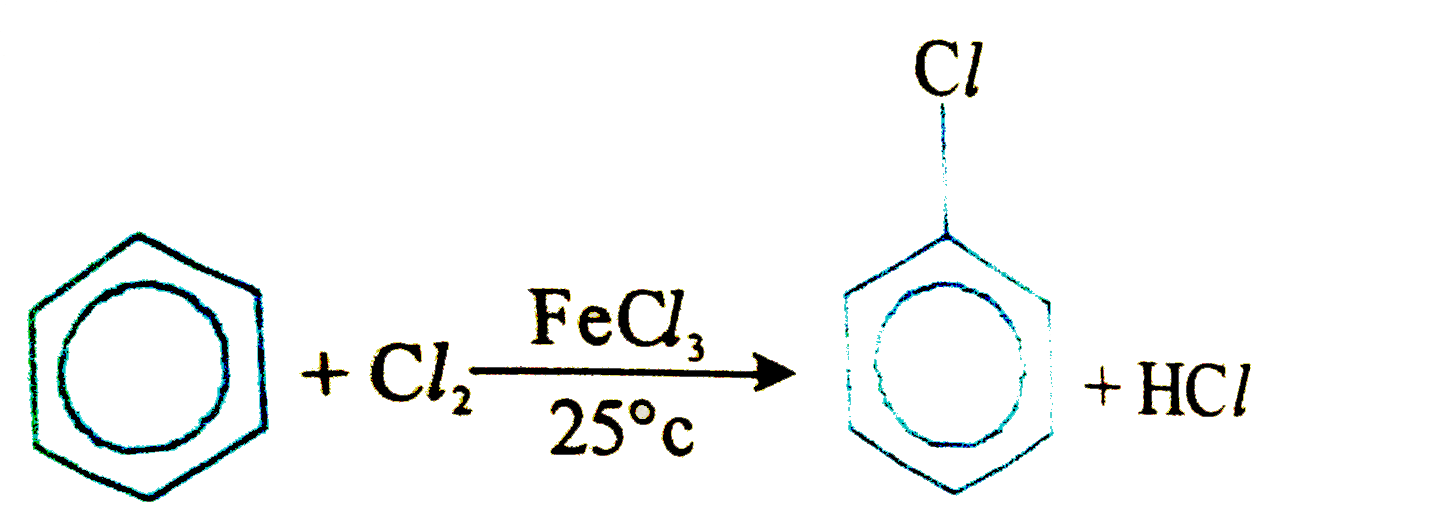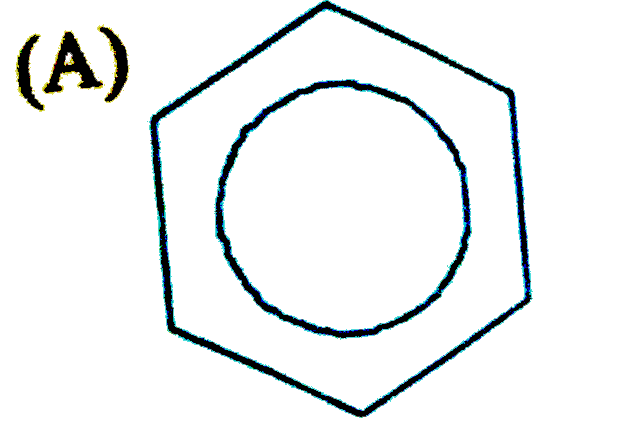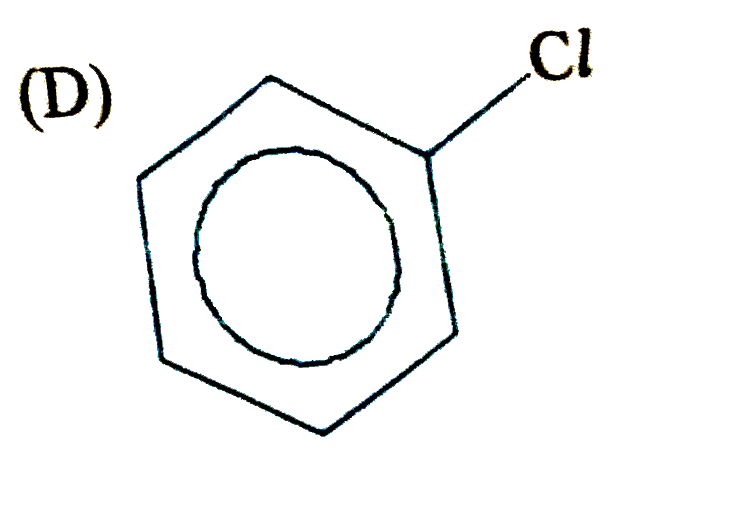(a) How does the rate of reaction depend upon the concentration of reactants ?
(1)When the reactant combines with two or more other reactants then the rate of a chemical reaction depends on the nature of the reactants .
(2) Both AI and Zn reacts with dilute hydrochloric acid, H2 gas is liberated and water soluble salts of these metals are formed . However, aluminium metal reacts faster with dil. HCI as compared to zinc metal.
(3) Al is more reactive than Zn. Therefore, the rate of reaction of AI with hydrochloric acid is higher than that of Zn. Hence, the nature of the reactant affect the rate of a reaction.
2AI+uderset(dil)(3HCI)fast−−→2AICI3+3H2↑⏐⏐
Zn+2HCI→ZnCI2H2↑
Topper's Solved these Questions
- MISCELLANEOUS QUESTIONS Book:NAVNEET PUBLICATION - MAHARASHTRA BOARDChapter:MISCELLANEOUS QUESTIONS Exercise:Effects of Electric Current
Explore 8 Videos
- MISCELLANEOUS QUESTIONS Book:NAVNEET PUBLICATION - MAHARASHTRA BOARDChapter:MISCELLANEOUS QUESTIONS Exercise:Heat
Explore 7 Videos
- MISCELLANEOUS QUESTIONS Book:NAVNEET PUBLICATION - MAHARASHTRA BOARDChapter:MISCELLANEOUS QUESTIONS Exercise:Periodic Classification of Elements
Explore 12 Videos
- MATCH THE COLUMNS Book:NAVNEET PUBLICATION - MAHARASHTRA BOARDChapter:MATCH THE COLUMNS Exercise:All Questions
Explore 36 Videos
- MODEL ACTIVITY SHEET Book:NAVNEET PUBLICATION - MAHARASHTRA BOARDChapter:MODEL ACTIVITY SHEET Exercise:ANSWER THE FOLLOWING
Explore 5 Videos
Similar Questions
Knowledge Check
Rate of reaction depends upon
ANature of reactantsBPhysical state of the reactantsCTemperatureDAll of theseThe rate of a reaction depends upon the
AVolumeBForceCPressureDConcentration of reactant
The rate of the reaction depends on the concentration ofA BCl2CFeCl3D
BCl2CFeCl3D
How does the rate of a reaction depened upon the concentration of the reactants ? Give suitable example.
View SolutionHow does the rate of a reaction depend upon the temperature of reactants ? Give a suitable example ?
View SolutionHow does the rate of a reaction depend upon the temperature of reactants ? Give suitable example.
View SolutionThe decomposition reaction N2O→N2+O2 takes place on platinum surface. Here, the rate of reaction is independent of the concentrations of the reactant . However, when this reaction is carried out in the absence of platinum surface, the rate of reaction depends on the concentration of the reactant How do you account for this ?
View SolutionA reaction is second order with respect to a reactant. How is the rate of reaction affected if the concentration of the reactant is
(i) doubled (ii) reduced to half?
View Solution